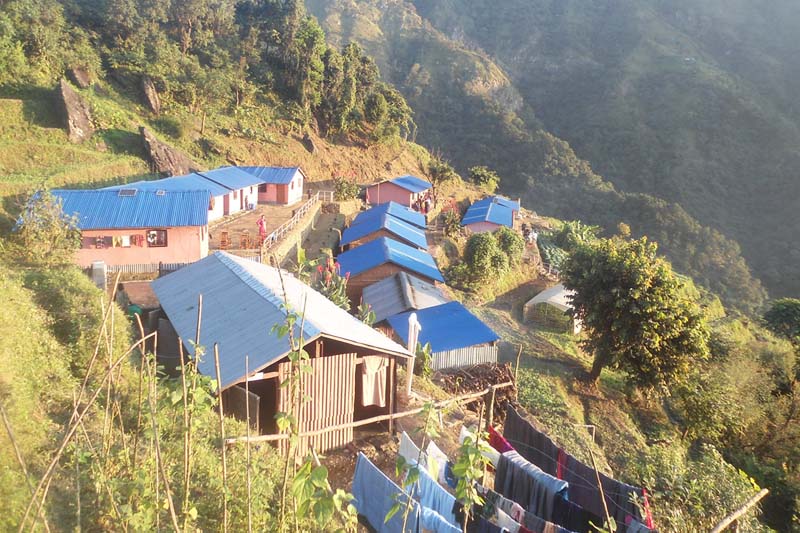Chepangs demand separate village assembly
Chitwan, November 6
Chepangs living in the far flung VDCs of Chitwan have demanded a separate village assembly.
The Chepangs said they were against the proposal forwarded by political parties to merge three VDCs with the existing municipalities and to form a new municipality by merging the remaining five VDCs in the district while restructuring the local bodies.
An all party meeting held on November 4 had agreed to propose a metropolitan city and six municipalities in Chitwan. The meeting had handed over a draft of the agreement to the technical committee headed by the local development officer the same day.
As per the agreement during the all-party meeting, present Chitwan and Narayani municipalities would be merged with Bharatpur while Madi, Khairahani and Ratnanagar municipalities would remain intact.
Similarly, the political parties agreed to merge Siddhi VDC with Kalika Municipality, and Korak and Lothar VDCs with Rapti Municipality. They also proposed to merge Kabilash, Dahakhani, Chandibhanjyang, Darechowk and Kaule VDCs to form Ichchhakamana Municipality.
All eight VDCs lie in the hilly region that is not connected by roads.
Though the technical committee had earlier proposed two village assemblies by merging the eight VDCs, political parties came up with a different proposal. The marginalised Chepang community had started voicing their discontent against the new draft.
Organising a press meet in Bharatpur, Nepal Chepang Association said the new draft was not acceptable to them. Chairperson of the association Laxman Chepang demanded that Korak, Lothar and Siddhi VDCs be merged to form Jhorlang village assembly.
Chepang community represents more than 80 per cent of the population in Korak, Lothar and Siddhi VDCs.
Former CA member Govinda Ram Chepang said one village assembly each should be declared in Dhading, Chitwan and Makawanpur districts. “We will surely resort to street protests if our demands are not fulfilled. The new draft has posed serious threat to our history and identity,” argued Govinda Ram.






